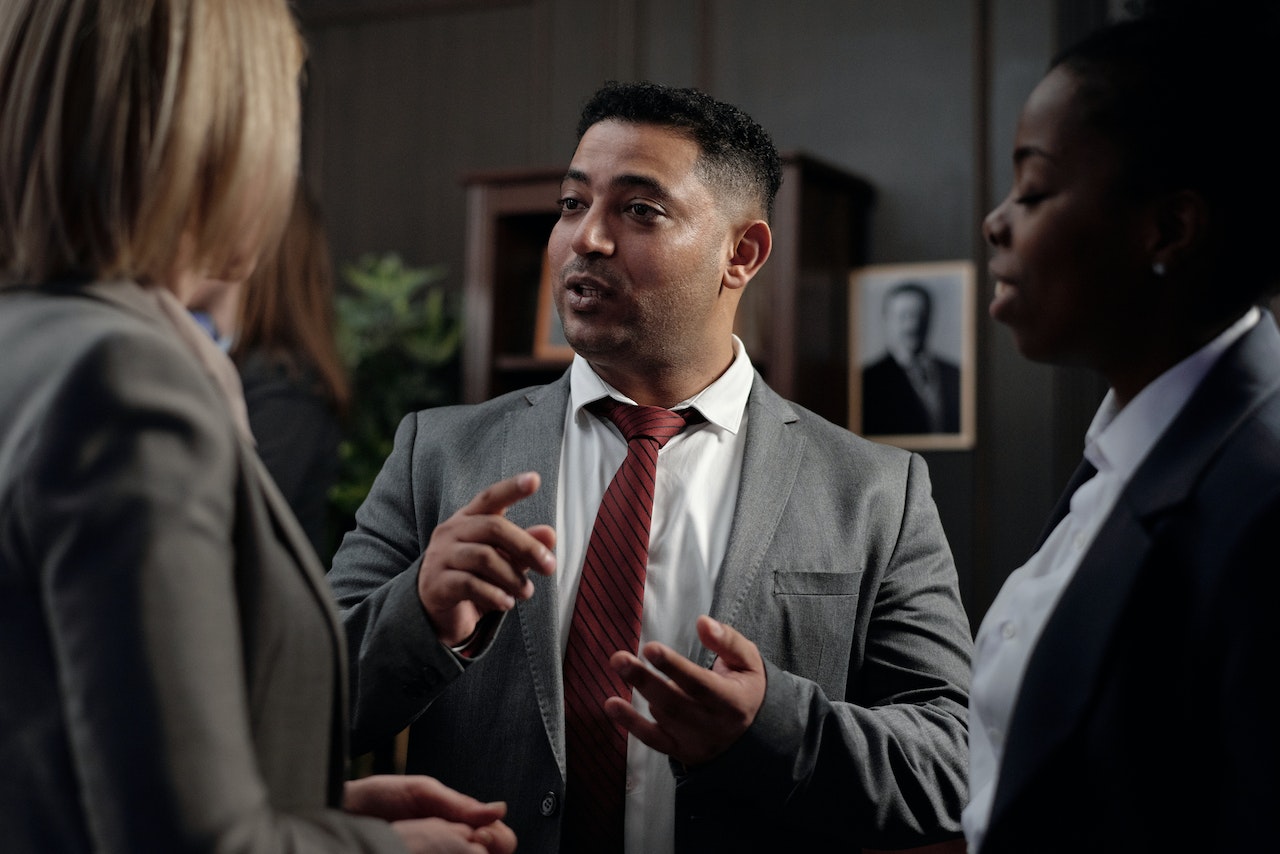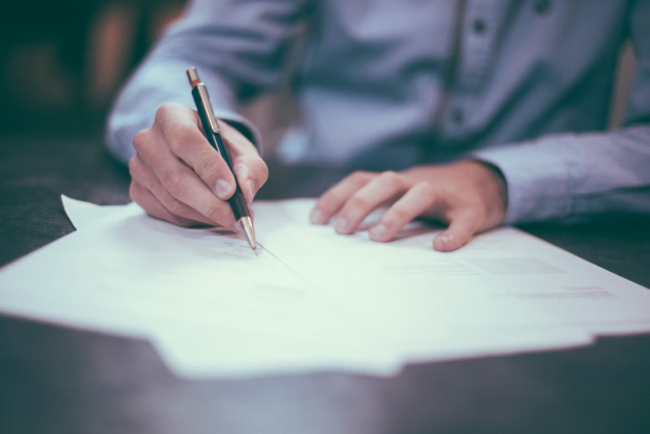A personal injury can pose significant hardship, physically, emotionally, and financially. Understanding the necessary steps to take following such an incident can be critical for your recovery and reparation. This guide aims to provide essential information on what to do after a personal injury and how to navigate the path toward compensation. Keep reading to get a detailed insight.
Contents
Understanding Personal Injuries and Their Implications
A personal injury usually refers to physical harm, but it can also include emotional and psychological distress. The range of incidents can vary widely, from car accidents to dog bites to slip-and accidents.
The implications of a personal injury go beyond immediate physical harm. Subsequent medical care can result in hefty bills, while loss of wages due to incapacitation adds to the financial burden. Long-term implications may also include reduced quality of life and ongoing emotional distress.
You may be entitled to compensation for your injuries, so it’s important to understand your rights under personal injury law. However, navigating the legal system can be complex, necessitating expert help -from an abogado de accidente or accident lawyer.
Understanding your injuries and their implications is a crucial first step in claiming compensation. It can help set a foundation for proving the nature and extent of harm experienced, which can significantly influence the course of your claim.
Immediate Measures to Follow After a Personal Injury
After a personal injury, it’s crucial to prioritize safety and health. If possible, remove yourself from any immediate danger and seek medical attention without delay, even if injuries appear minor.
Attending to your health promptly not only ensures your well-being but also establishes a medical record right after the accident. This record can later be instrumental in proving the connection between your injuries and the incident.
Reporting the accident to the authorities should follow promptly. Be it to the police, in case of an auto accident, or a property owner for a slip and fall case, it’s crucial to officially document the incident.
Even at the scene, try to gather as much evidence as possible without endangering yourself. This may include taking photographs of the scene and injuries or noting down eyewitnesses’ details.
Documenting Your Personal Injury for Legal Protection

Having comprehensive documentation of your injuries can strengthen your personal injury claim. A detailed medical record that describes the nature of injuries, treatment administered, and possible future medical requirements is advantageous.
Evidence that proves negligence or wrongdoing from the other party involved is equally vital. This may include photographs, videos, eyewitness testimonies, or receipts of financial implications like medical bills or loss of earnings due to injury.
An incident report can also be a critical piece of evidence. This could be a police report in a motor vehicle accident or an accident report in a workplace incident.
It’s important to maintain an organized record of these documents, as they would be pertinent during any legal processes and negotiations for compensation.
Seeking Legal and Medical Consultation After Personal Injury

Legal help can be beneficial in obtaining compensation following a personal injury. A lawyer can guide you through the legal intricacies, help in documenting the incident, and represent you in any negotiations or court proceedings.
Litigating a personal injury claim involves proving negligence of the opposite party, for which legal assistance is advisable. A lawyer well-versed in personal injury law can identify and gather the necessary evidence to present a strong case.
Medical consultation is equally important to assess the extent of injuries and required treatment. A medical professional’s opinion can be critical for establishing the connection between the injuries suffered and the incident.
Personal injuries can also have psychological implications. Consulting a mental health professional, if required, can be a step forward to recovery and can additionally validate your claim in case of psychological distress.
Altogether, navigating personal injury cases involves understanding your injuries, taking immediate measures, documenting the incident, seeking legal and medical consultation, and effectively utilizing insurance coverage. Though the process can be daunting, having a clear guideline can assist you in this challenging journey towards recovery and compensation.




